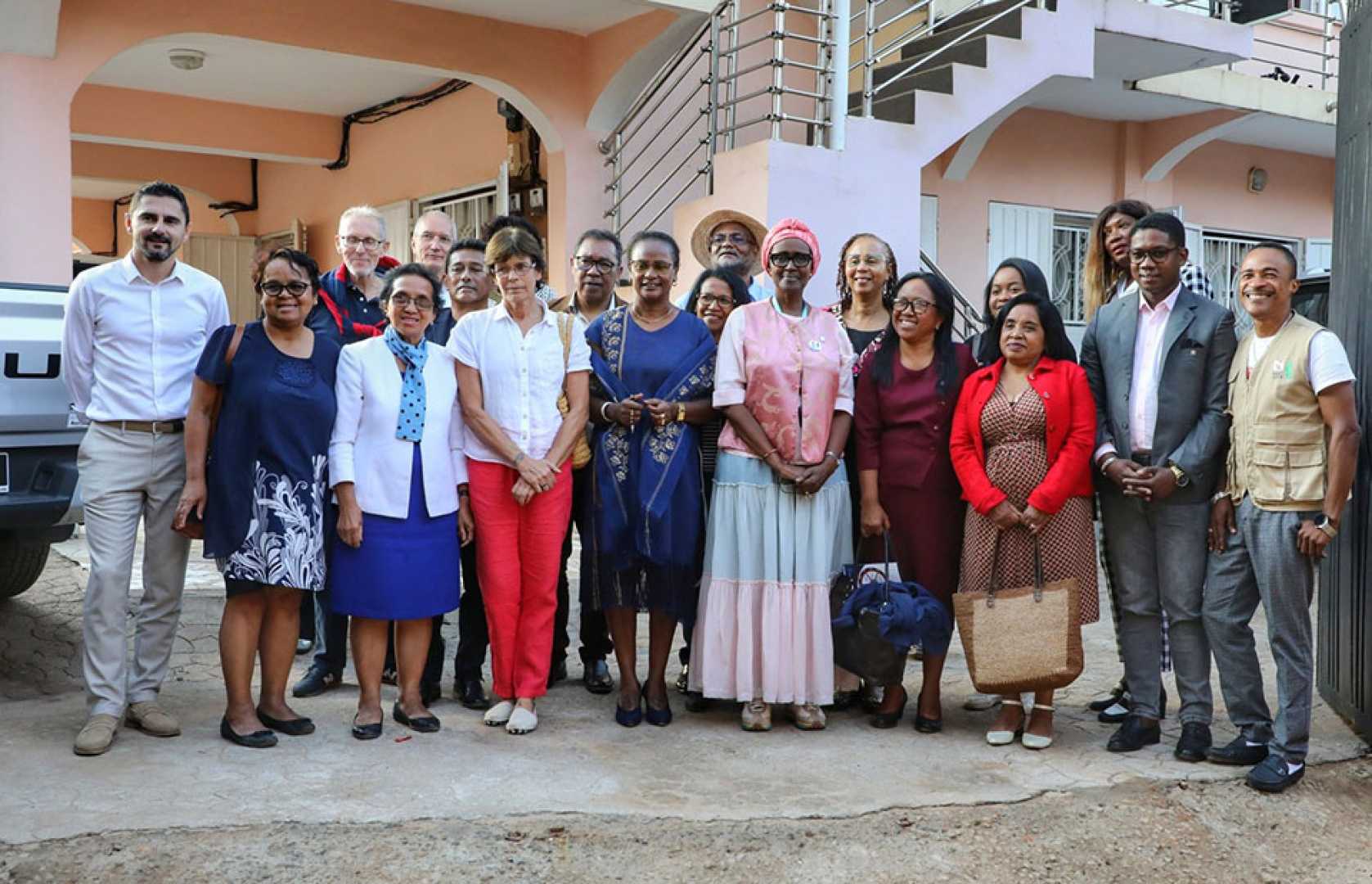Health
Madagascar Faces Critical Challenges: Rising HIV Infections and Natural Disasters

Madagascar is grappling with a significant increase in new HIV infections, a trend that stands in stark contrast to the regional decline in new HIV cases. According to a recent statement by UNAIDS Executive Director Winnie Byanyima, the country has seen a dramatic rise in new HIV infections since 2010, along with a 158% increase in AIDS-related deaths over the same period.
The situation is exacerbated by gaps in HIV prevention and glaring inequalities. In 2023, an estimated 76,000 people were living with HIV in Madagascar, with only 22% of them having access to treatment. The lack of access to HIV testing kits and limited testing facilities further complicate the collection of accurate data on the pandemic.
UNAIDS is actively supporting Madagascar’s HIV response by strengthening surveillance systems, implementing HIV testing and counseling services, and expanding access to antiretroviral therapy. The organization is calling for increased global solidarity and technical and financial support to ensure that HIV prevention commodities are available to everyone in need.
In addition to the HIV crisis, Madagascar has been hit by cyclical natural disasters, including the recent Cyclone Gamane in March 2024. This cyclone caused extensive flooding, wind damage, and significant agricultural losses, highlighting the need for resilient and sustainable recovery efforts.
The country’s high poverty rate, estimated at 62.6% by the World Bank in 2023, is a significant factor driving new HIV infections and complicating the response to these health and environmental challenges).












